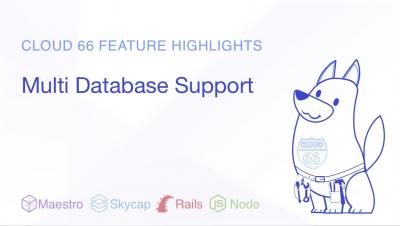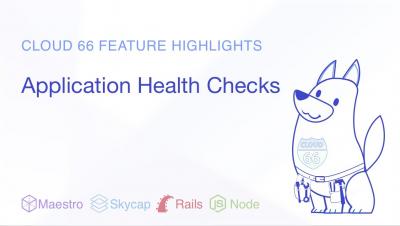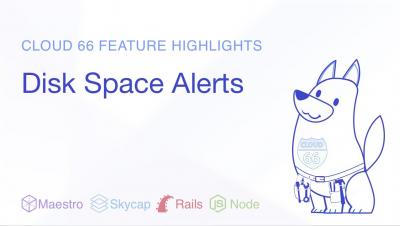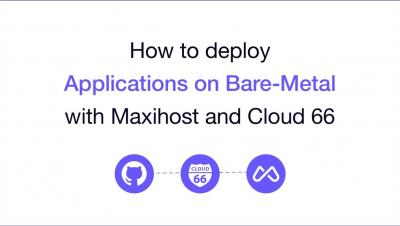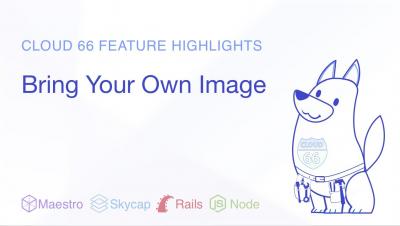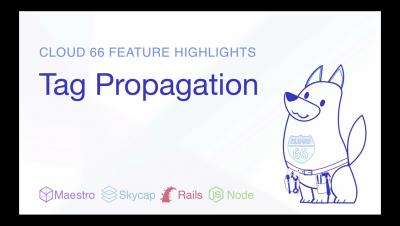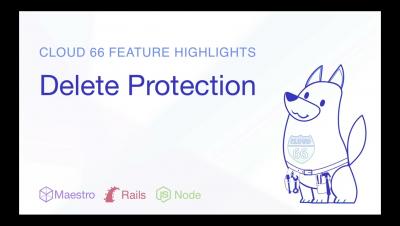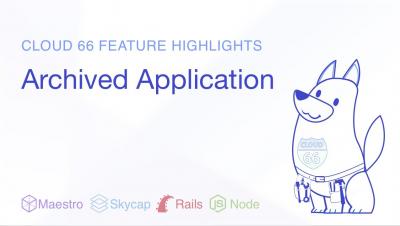Cloud 66 Feature Highlight: Multi Database Support
Many applications use multiple types of datastores simultaneously - mixing SQL and NoSQL databases, for example. Or your application might need two separate clusters of the same database engine to handle an upgrade, or to support separate services. This is where Multi Database Support comes handy. What is Multi Database Support? Multi Database Support makes it possible to attach more than one database group to your application.


